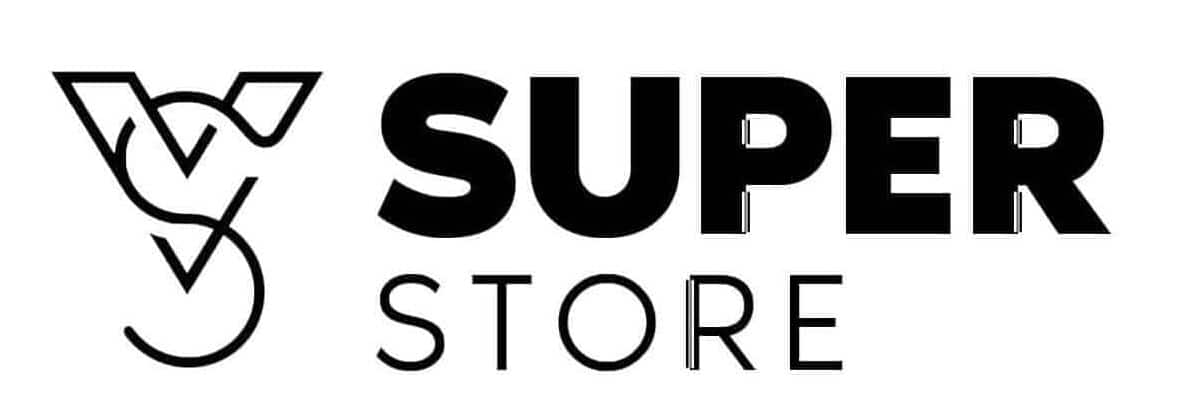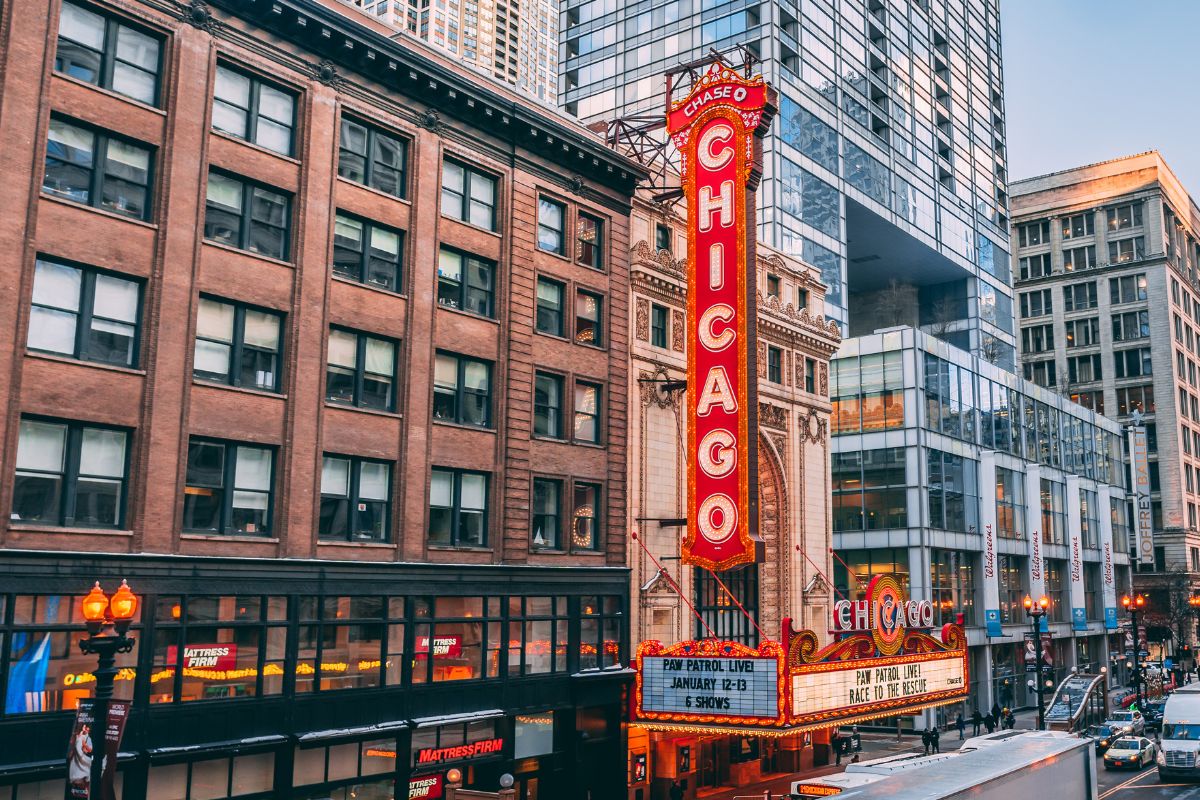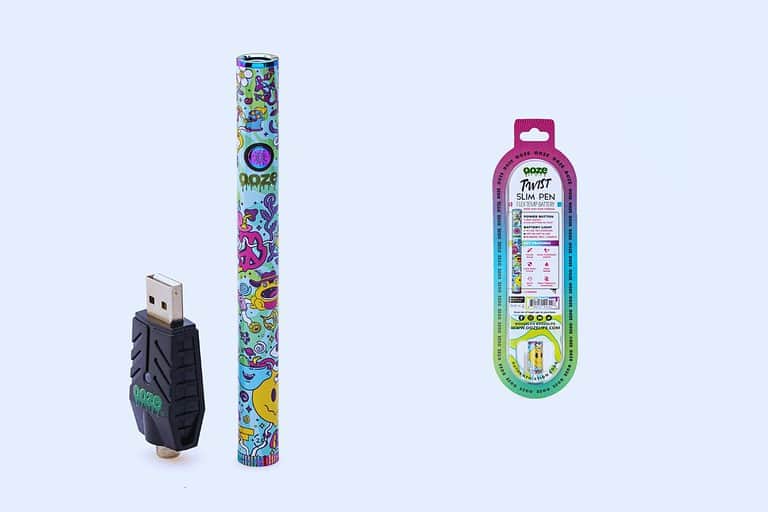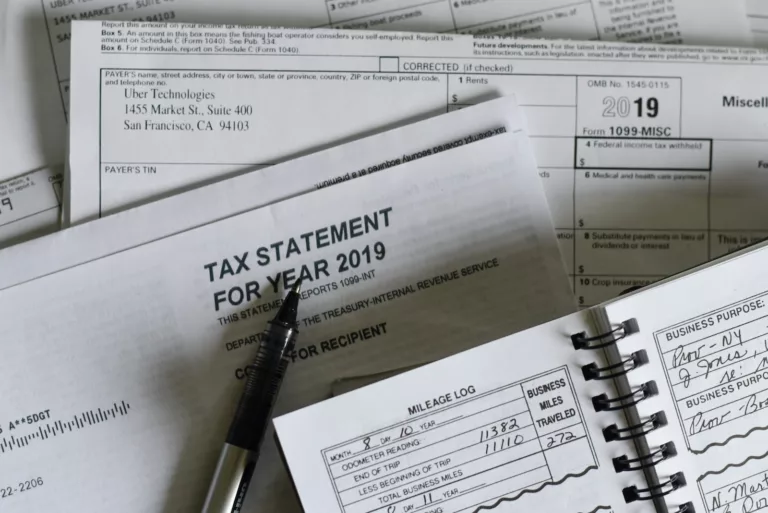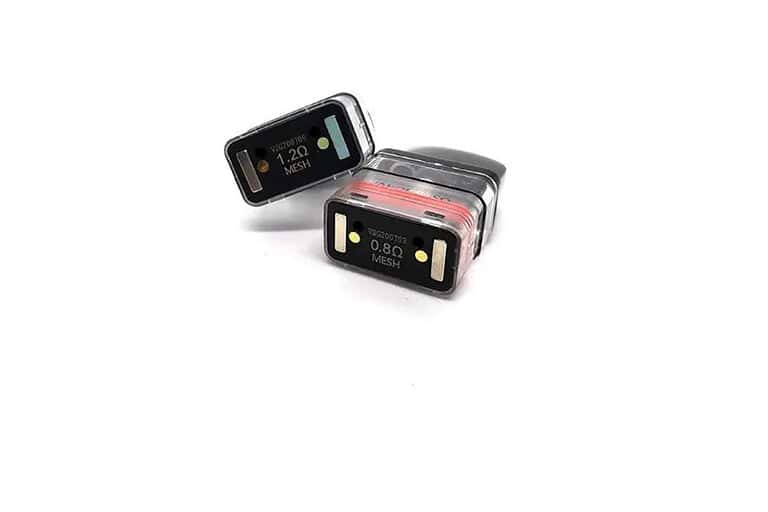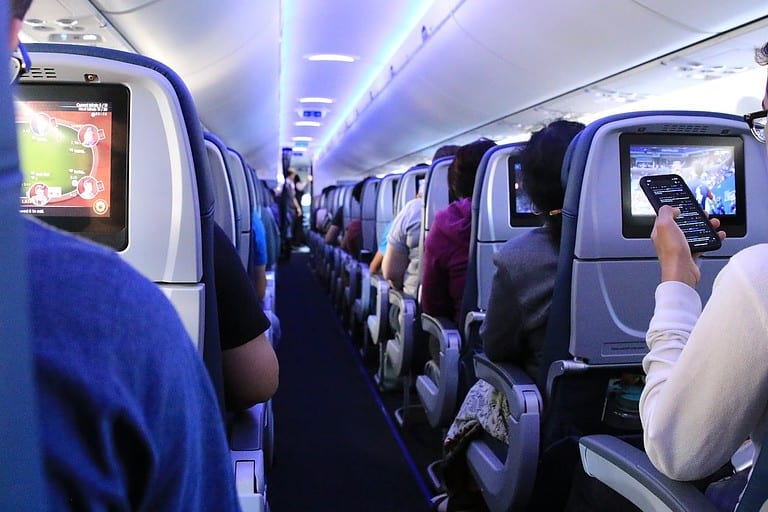Chicago Vaping Laws: A Comprehensive Overview
The rapid growth of e-cigarette and vaping industries has led to increased scrutiny and regulation, with Chicago being no exception. The city has seen proactive measures in developing and implementing vaping laws aimed at addressing the public health concerns associated with e-cigarette use. Local and state governments across the United States are working together to balance the needs and interests of both consumers and businesses while protecting the health and safety of the public.
As a major metropolitan city, Chicago plays a significant role in setting national and global standards when it comes to tobacco and e-cigarette policies. The city has adopted laws related to age restrictions, product regulations, sale and taxation, as well as marketing and advertising restrictions. Striking the right balance between public health concerns and consumer interests is critical to ensuring the long-term success and sustainability of responsible vaping practices in the city and beyond.
Table of Contents
Key Takeaways
- Chicago is actively implementing laws to address public health concerns caused by e-cigarettes and vaping.
- The city focuses on balancing consumer interests with health and safety through age restrictions, product regulations, and marketing limitations.
- Chicago’s vaping laws have the potential to set national and global precedents in tobacco and e-cigarette policies.
Chicago Vaping Laws
City Council Legislation
On January 15th, 2014, the Chicago City Council voted to regulate e-cigarettes under the same rules as tobacco products, which introduced restrictions on use and sales (source). This decision extended the existing tobacco control policies to also encompass electronic cigarette usage. The primary aim was to protect public health, particularly the health of children and teenagers, from potential risks associated with vaping and nicotine addiction.
NEW CUSTOMER DISCOUNT
Save 15%
15% OFF YOUR ENTIRE ORDER FOR NEW CUSTOMERS USE CODE WELCOME15!
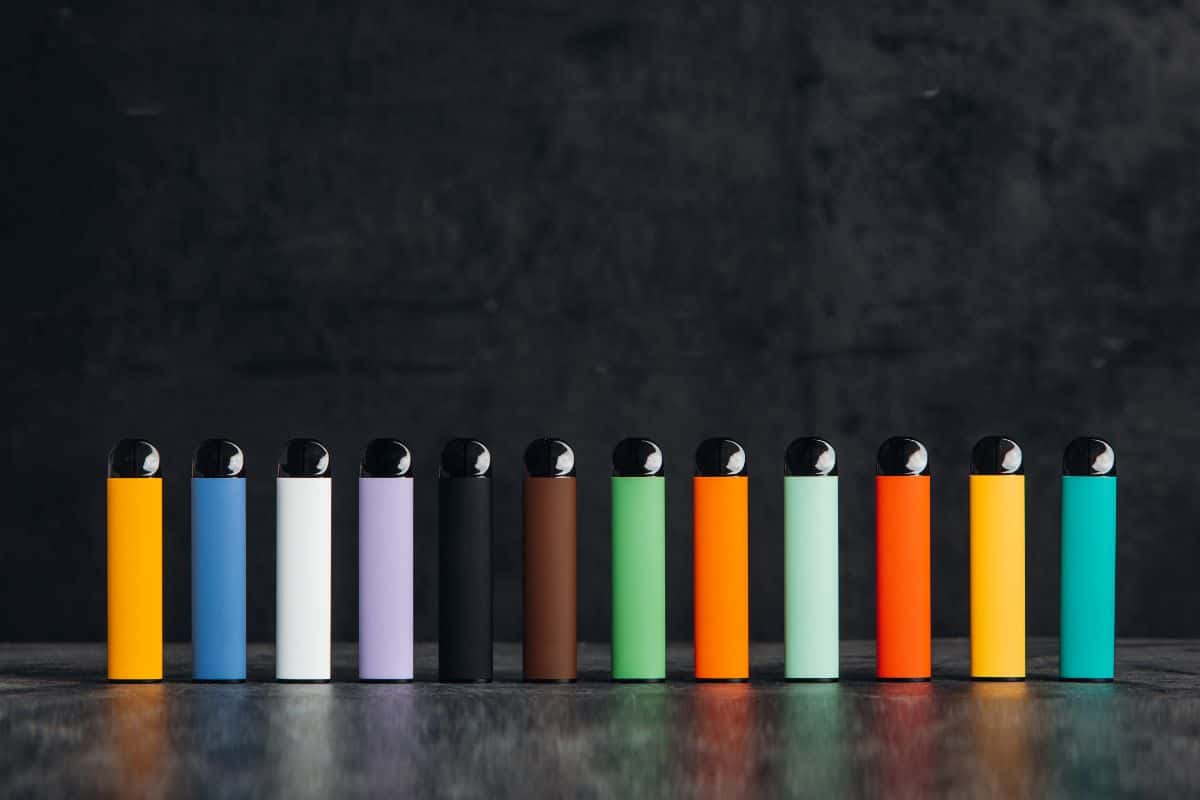
Clean Indoor Air Ordinance
The Clean Indoor Air Ordinance, amended by the City Council in 2014, imposes strict rules on vaping in public places in Chicago. According to this ordinance, the use of e-cigarettes is prohibited in enclosed spaces, such as schools, workplaces, restaurants, and bars, to align with regulations on traditional tobacco smoking. Moreover, the ordinance also exempted theatrical performances and e-cigarette retail stores from the restrictions, permitting usage in these specific settings (source).
Remote Sales of Electronic Cigarettes
The city of Chicago has implemented regulations for the remote sales of electronic cigarettes, which include online and mail-order sales. These regulations are in place to ensure that e-cigarettes are sold responsibly and to restrict access to minors who might otherwise easily purchase vaping products without age verification. Such rules are crucial in order to combat the rising trend of vaping among young people and to decrease nicotine addiction in the population.
Age Restrictions and Compliance

21 Years Old Requirement
In Chicago, the legal age to purchase vape and e-cigarette products was raised to 21 years old to better protect youths from tobacco and nicotine addiction. This policy, known as Tobacco 21, aims to reduce access to vaping products for young people by requiring retailers to perform age verification checks at the point of sale. This legislation has been enforced by various compliance actions and efforts to assess retailer adherence to the regulations.
Under this age restriction, retailers must verify the age of customers before any sales transaction involving e-cigarettes or vaping products. Violations of the legal sales age requirement may result in fines or other penalties for retailers. It is essential for vape shops in Chicago to maintain proper age signage and implement age verification at entry points.
Higher Education Institutions
Many higher education institutions, like universities and colleges, have joined the efforts to reduce youth access to e-cigarettes by implementing smoke-free and vape-free campus policies. These policies often include restrictions on e-cigarette usage in dormitories, campus buildings, and other university owned properties.
By enforcing these policies, higher education institutions aim to create a healthier environment for students, employees, and visitors. Moreover, these measures also emphasize a supportive campus culture that encourages everyone to make better choices regarding tobacco and nicotine consumption.
Chicago’s vaping laws, specifically the 21 years old requirement, along with higher education institutions’ policies, work together to minimize the exposure and access of vaping products to young people, ultimately promoting a healthier, smoke-free environment for all.
Product Regulations
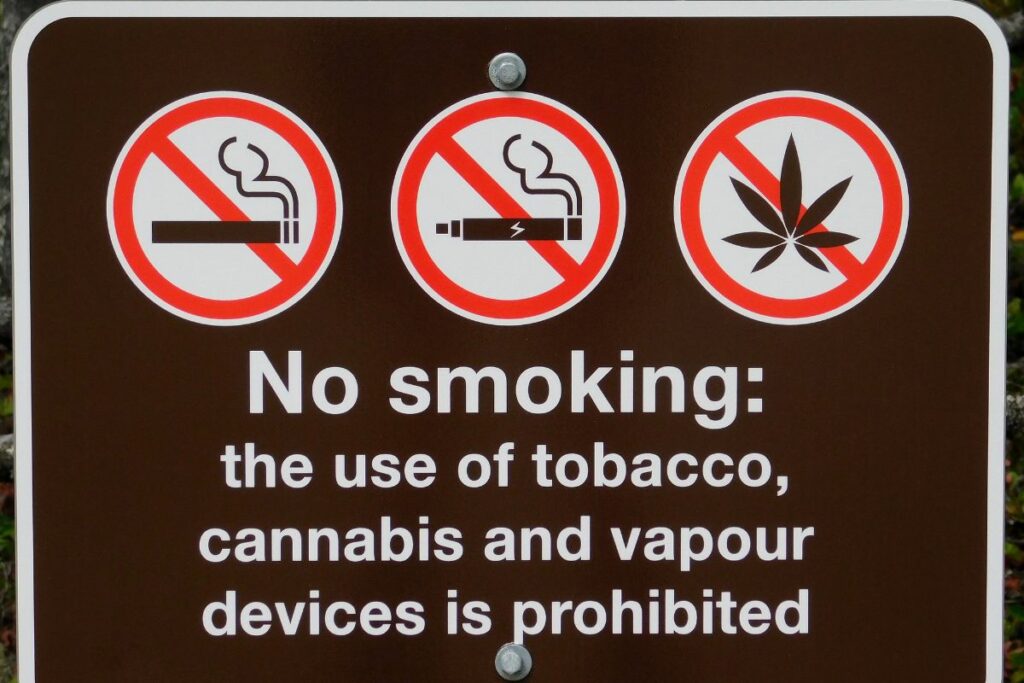
Flavored Vaping Products Ban
Chicago has implemented a ban on the sale of flavored vaping products to curb the increase in youth vaping rates. The sale of flavored e-cigarettes and liquid nicotine is prohibited, with the exception of tobacco, mint, and menthol flavors. This ban aims to reduce the appeal of vaping products for young people, as flavors like candy and fruit have been shown to attract underage users. The Chicago Department of Public Health has enforced these regulations with the goal of protecting public health and preventing youth addiction.
Child-Resistant Packaging
To further prevent youth access to vaping products, Chicago has mandated child-resistant packaging for all e-cigarettes, liquid nicotine, and vapor products. This regulation was put in place to reduce the likelihood of accidental ingestion by minors.
Manufacturers and retailers must comply with these packaging requirements to ensure the safety of children and prevent poisoning incidents. The use of child-resistant packaging is a necessary measure in maintaining the well-being and safety of the city's residents.
Vapor Products Labeling
In addition to the bans and packaging regulations, Chicago enforces specific labeling requirements for e-cigarettes and vapor products. These requirements include clear and accurate information regarding the product’s contents, nicotine concentration, and potential health risks associated with the use of electronic cigarettes. Accurate labeling helps to inform consumers, particularly adults who choose to use e-cigarettes as an alternative to traditional tobacco products. Compliance with vapor product labeling regulations allows for greater transparency and ensures that consumers are well-informed of the products they are using.
Sale and Taxation
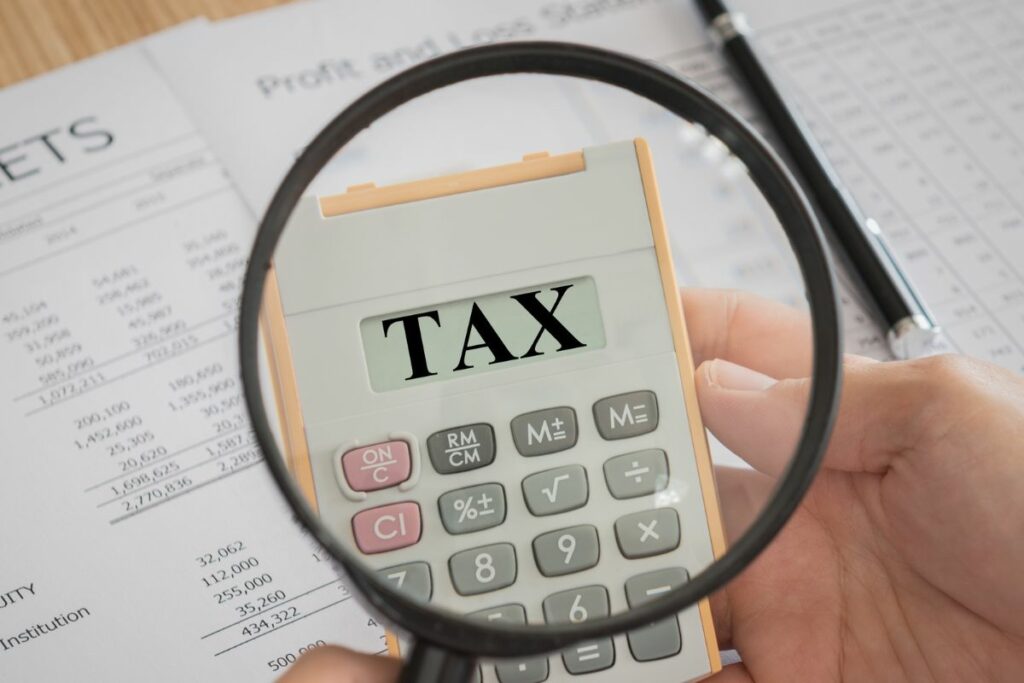
Cigarette Tax
In Chicago, the taxation on traditional cigarettes and e-cigarettes plays a significant role in controlling adult tobacco product use. The city has imposed an excise tax on e-liquid products at a rate of $1.50 per product, which has affected the sales of these items in the region1. This tax aims to reduce overall tobacco consumption and promote public health while generating revenue for the city.
Sale of Tobacco Products
Apart from the taxation on e-cigarette products, Chicago has enforced other laws to regulate the sale of tobacco products. These regulations include banning smoking and vaping in specific public areas, and the implementation of sales restrictions for underage individuals. The city of Chicago has been proactive in creating an environment that discourages the use of tobacco products by maintaining a strict stance on sales and usage.
Remote Sales Taxation
Remote sales of tobacco products are also subject to taxation laws in Chicago. It is crucial for online vape shops and e-cigarette retailers to comply with these regulations to avoid legal issues and maintain their business operations. As taxation requirements evolve over time, both local and state governments work together to ensure businesses are aware of their responsibilities when selling tobacco products online or via other remote channels.
Health Concerns and Prevention
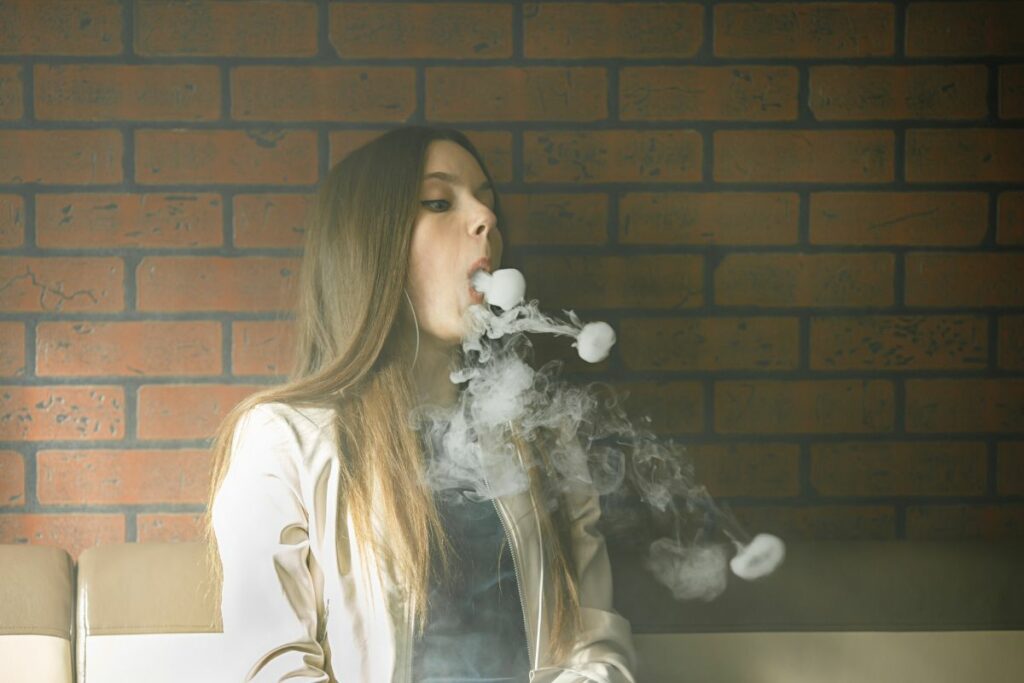
Addictive Nature of Vaping
Vaping has become a popular alternative to traditional smoking because it is considered to be less harmful than smoking cigarettes. However, it still poses significant health risks, mainly due to the addictive nature of nicotine found in most vaping products. Nicotine is a highly addictive substance, and its consumption can lead to a strong dependence, making it difficult for users to quit. This addiction can result in long-term health issues and can especially impact the youth population.
Youth and Addiction
The youth are particularly vulnerable to the addictive nature of vaping. Studies have shown a significant increase in vaping among teenagers, even though many are not aware of the risks associated with nicotine addiction. The development of nicotine addiction in young users can have long-term consequences on their cognitive development, mental health, and overall well-being. As a result, there has been an emphasis on preventing underage use through regulatory measures and advertising strategies.
Smoking Cessation Programs
Due to the addictive nature of nicotine, quitting vaping or smoking can be challenging, but it is possible with the help of smoking cessation programs. These programs typically focus on offering assistance through counseling, workshops, and other support services to help users gradually reduce and eventually quit nicotine use. In Chicago, public health authorities have implemented policies and campaigns aimed at raising awareness of the health risks associated with vaping and advocating for the adoption of smoking cessation programs. By providing resources and support, these campaigns encourage users to quit tobacco products to reduce the negative impacts on individual and public health.
Federal and State Regulations
Illinois Law
In Illinois, the state has implemented several regulations surrounding electronic cigarettes. The state’s Clear Indoor Air Act was amended to include e-cigarettes, thereby prohibiting vaping in public places, similar to restrictions on smoking tobacco products. Additionally, as of July 1, 2019, the state of Illinois raised the legal age to purchase tobacco products, including e-cigarettes, from 18 to 21 years of age.
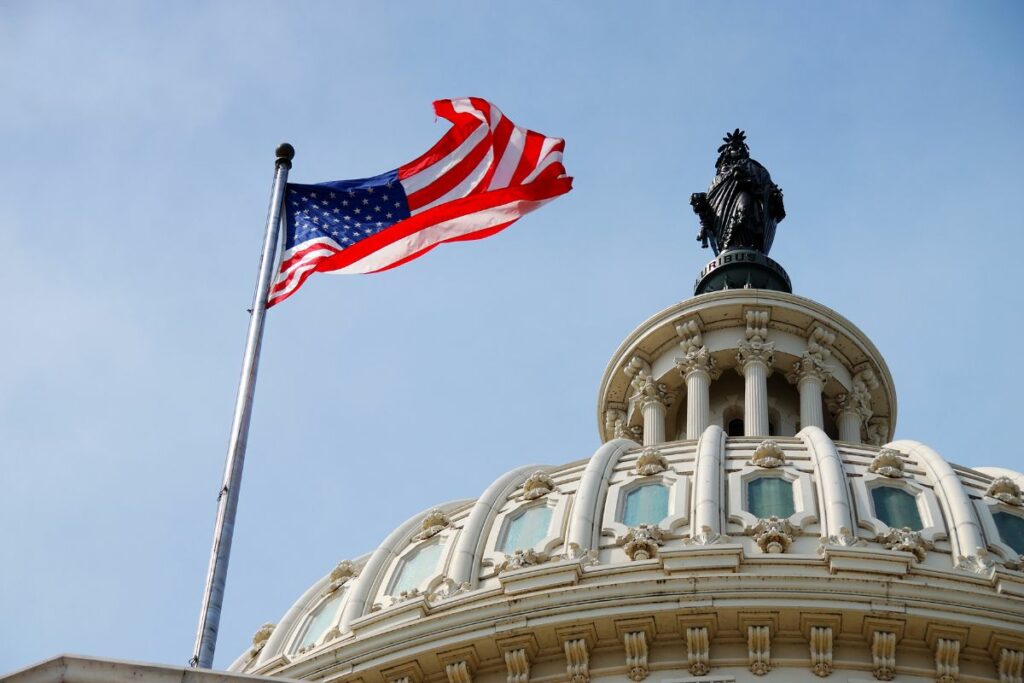
Interstate Comparison
Compared to other states, Illinois is relatively strict in its e-cigarette policies. While federal law does not currently regulate e-cigarettes, different states have a variety of regulations in place. For example, some states focus on banning vaping in specific venues, while others, such as Illinois, have more comprehensive indoor air regulations.
Moreover, Illinois is one of the few states that have increased the legal age of sale to 21 for tobacco products, including e-cigarettes, putting it ahead of the curve in terms of mitigating youth access to vaping products. As a result, cities like Chicago have implemented taxation policies on e-cigarettes – taxing ECIG liquid by volume – to further regulate and control the use of electronic cigarettes within their jurisdiction.
Marketing and Advertising Restrictions
In Chicago, vaping and e-cigarette laws have been implemented to limit the appeal and accessibility of these products, especially to young people. This section covers the marketing and promotional restrictions placed on the sale of tobacco products like menthol, flavored tobacco products, and cigars in Chicago.
Banning Discounts and Coupons
Chicago has imposed strict regulations regarding discounts and coupons for tobacco products. As part of these regulations, it is prohibited to offer any discounts, coupons, or price reductions on the sale of tobacco products, including e-cigarettes and vaping devices. This ban aims to prevent the promotion of tobacco products to underage users and maintain a consistent market price for these items, ensuring they are less accessible to vulnerable populations.
Flavored Tobacco Advertisement Ban
Another measure taken by the city has been the ban on flavored tobacco products advertisements. This ban includes products such as menthol cigarettes, flavored cigars, and flavored e-cigarettes. The restriction aims to reduce the appeal of these products to young people who might be more susceptible to the enticing flavors and packaging. By limiting the advertising of flavored tobacco products, the city hopes to discourage use and minimize the appeal they hold for younger audiences.
Through the implementation of these restrictions on marketing and advertising, Chicago strives to create a less appealing environment for tobacco and vaping products overall. By imposing bans on discounts, coupons, and flavored tobacco advertisements, the city is taking a proactive approach to reduce the availability and allure of these potentially harmful products to a wider audience, fostering a healthier and more informed community.
National and Global Perspective
US States Comparison
In comparison to Chicago's vaping laws, other states in the US have also implemented regulations. As of June 2023, states such as Alabama, Florida, Indiana, Massachusetts, Michigan, Montana, Nebraska, New Hampshire, New York, Ohio, Texas, and Utah have established their own sets of restrictions.
For example, in New York, e-cigarettes are subject to the same regulations as traditional tobacco products, including age restrictions and bans on use in public places. In contrast, Florida has a less strict approach, focusing on age restrictions and imposing fines for underage sales or possession, but not restricting public use to the same extent as New York.
Michigan and Massachusetts both have statewide bans on flavored e-cigarettes, aiming to prevent youth vaping. However, differences in taxation and licensing requirements exist between these states and Chicago. In Chicago, e-cigarette use is banned in bars, restaurants, and other public places, while some other states do not impose such restrictions.
International Comparison
Vaping laws and regulations also vary significantly at an international level, providing a broader context for analyzing Chicago’s approach. In the European Union, for example, e-cigarette regulations are generally uniform across member states, with the Tobacco Products Directive enforcing certain standards, such as nicotine content limits and packaging requirements.
In contrast, countries like Australia and Canada have implemented more stringent regulations, with Australia prohibiting the sale of e-cigarettes containing nicotine and Canada enforcing a ban on certain flavors and advertising targeted towards young people. Some countries, like Japan, have gone even further with restrictions – e-cigarettes with nicotine are effectively banned, forcing consumers to turn to unregulated alternative products.
This international comparison highlights the different approaches taken by various governments and jurisdictions, showcasing the complexities of regulating e-cigarette usage while ensuring public health and youth protection.
Browse popular vape collections:
- Nicotine Disposables
- 2000 Puff Nicotine Disposable Vapes
- 2500 Puff Nicotine Disposable Vapes
- 5000 Puff Nicotine Disposable Vapes
- 6000 Puff Disposable Nicotine Vapes
- 7000 Puff Nicotine Disposable Vapes
- Disposable Vape Deals
- Best Vape Brands
- 8000 Puff Nicotine Disposable Vapes
- 9000 Puff Nicotine Disposable Vapes
- 5% Nicotine Disposable Vapes
- Rechargeable Nicotine Disposable Vapes
- Vape Coils
- Dab Wax Pens
- Dab Wax Pen Battery
- Yocan Vapes
- Vape Cases
Frequently Asked Questions
What is the legal age for vaping in Illinois?
In Illinois, the legal age for purchasing and using electronic cigarettes, or vaping products, is 21 years old. This law was implemented in 2019 under the Tobacco 21 legislation, which raised the minimum age to purchase all tobacco and vape products from 18 to 21.
Are there restrictions on vaping indoors in Chicago?
Yes, there are restrictions on vaping indoors in Chicago. The Chicago Clean Indoor Air Act was amended in 2014 to include e-cigarettes, meaning that vaping is prohibited in the same places where smoking is not allowed. This includes workplaces, restaurants, bars, and other public places.
Can you vape in bars and other public places in Illinois?
In Illinois, vaping is subject to the same restrictions as smoking under the Smoke-Free Illinois Act. This means that e-cigarette use is banned in all indoor public spaces, including bars, restaurants, and workplaces. Some exceptions may apply, such as designated smoking areas or in establishments that can prove financial hardship due to the restrictions.
Are flavored vapes banned in Chicago?
As of now, flavored vapes are not banned in Chicago. Although there have been proposals to ban flavored e-cigarettes in the city, no comprehensive ban has been enacted. However, it’s important to note that federal law enacted in 2020 prohibits sales of flavored cartridge-based e-cigarettes, with the exception of tobacco and menthol flavors.
Are there any specific vape products prohibited in Chicago?
Chicago has not enacted any additional restrictions on specific types of vape products beyond federal regulations. However, all e-cigarette products, including devices and e-liquids, must comply with the FDA’s regulations in order to be legally sold in the city.
Do vape purchasing laws differ between Illinois and neighboring states?
Vape purchasing laws do vary between states. While Illinois has set the minimum age for purchasing vape products at 21, some neighboring states may have different age requirements. For example, Indiana and Iowa have set the minimum age for purchasing tobacco and vape products at 18 years old. It is important to be aware of and adhere to the local laws when traveling or purchasing vape products in different states.
Footnotes
- https://www.hopkinsmedicine.org/health/wellness-and-prevention/5-truths-you-need-to-know-about-vaping
- https://www.cdc.gov/tobacco/basic_information/e-cigarettes/pdfs/ecigarette-or-vaping-products-visual-dictionary-508.pdf
- https://en.wikipedia.org/wiki/Electronic_cigarette
- https://en.wikipedia.org/wiki/Nicotine_salt?_ga=2.56470763.1724371659.1681286262-1699932226.1672148734
- https://www.forbes.com/health/body/health-effects-e-cigarettes/?_ga=2.21817723.1724371659.1681286262-1699932226.1672148734
